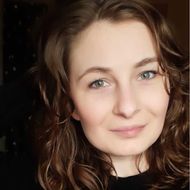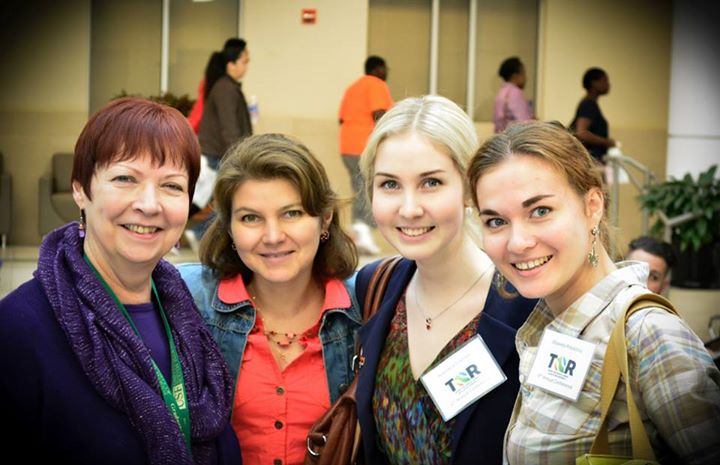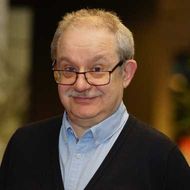Students of the international Master’s programme in Comparative Social Research, which opened in 2014, spent their first semester studying at the Moscow campus of the Higher School of Economics; the second semester was spent in St. Petersburg. Another six months will be devoted to study abroad. Mobility in the educational process is an important principle of the programme that allows future sociologists to better understand social reality. The English-language programme turned out to of interest not only to Russian students, but also to graduates of prestigious foreign universities.
From the 8th - 10th January, teachers at the Department of Sociology at the Faculty of Social Sciences Olga Savinskaya and Elizaveta Polukhina, and HSE graduate Anastasia Poilova took part in the The Qualitative Report Sixth Annual Conference organised by the international peer-reviewed journal Qualitative Report.
Karl Bruckmeier is an environmental sociologist and since 2011 he has been a professor at the Analysis of Social Institutions Department at the HSE Faculty of Social Sciences. He talked to the HSE English News Service about the challenges of being an interdisciplinary academic and about the pace of change in Russia in attitudes towards the environment. Anna Chernyakhovskaya began the interview by asking Professor Bruckmeier about his life at HSE.
HSE’s Institute of Education hosted a visit by University of Arizona Professor Emeritus David Berliner. In an interview with the Institute, Professor Berliner discussed problems of schooling in the U.S. and Russia, possible ways of evaluating the work of instructors, and also how the results of international educational research should be factored into decision-making.
Dr. Dina Balalaeva, who will begin a tenure-track position at the Faculty of Social Sciences at the HSE in September, recently completed a postdoctoral fellowship at the HSE. She received her PhD in Political Science at the State University of New York at Binghamton in 2013. She agreed to speak with the HSE news service about her decision to make her career at the HSE and her plans for future research and teaching.
Sociologists have developed a variety of theories and empirical research on social movements that are closely connected with democracy. Why do people join and stay in social movements? What happens to them when participants achieve their goals? Benjamin Lind, Assistant Professor at the Faculty of Sociology and author of the course 'History of Social Movements', explained what makes the subject relevant nowadays and shared his own experience with social movements in an interview for the HSE news service.
The seminar, called ‘Cultural Practices, Social Participation and Voluntary Associations’, was presented by Sarah Busse Spencer, Assistant Professor of Sociology at the HSE.
Corruption is a burning issue in Russia that won’t go away. What is the general attitude to corruption in Russia and other countries, and why does it draw so much public attention? How should we study this phenomenon?Lili Di Puppo, Associate Professor at the HSE Faculty of Sociology, author of the course ‘The Sociology of Corruption’ talked to the HSE news service, to help shed some light on the matter.
Alcohol consumption in Russia depends on the individual’s social status, age, and education. Successful, educated, married middle-aged men drink more. They prefer wine, whiskey, rum, and tequila. Less successful individuals choose cheap local brands, mostly beer and vodka, Petr Martynenko and Yana Roshchina say in their study ‘Alcohol consumption as a social group indicator in modern Russian cities’
HSE Assistant Professor of Sociology Ruben Flores, PhD talked to the HSE news portal about his presentations at the ASA and ESA sociology conferences this summer, about forthcoming sociology seminars at HSE and about why living in Moscow is interesting for sociologists.















